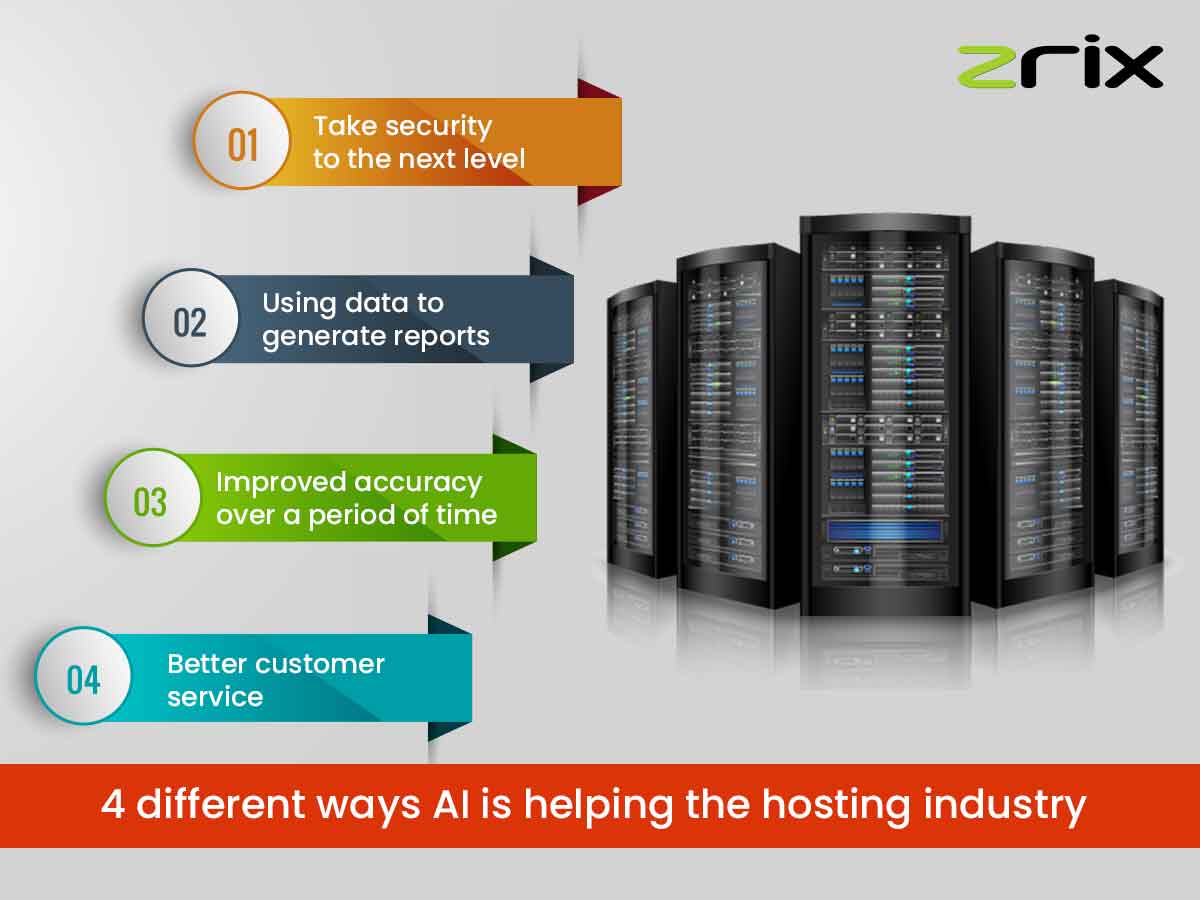What is artificial intelligence?
Artificial intelligence has now become one of the hottest topics in the IT sector that change the global industry for the better. Any device that behaves thinks, and acts like a human is known as artificial intelligence. Artificial intelligence is being used in the education sector, healthcare sector, financial services, etc.
AI implies effectively integrating new technology. Insurance advising, underwriting claims processing, fraud protection, risk management, and direct marketing can all benefit from AI.
Customer behavior and technological advancements have paved the way for AI in the insurance industry to add value, cut costs, improve efficiency, and boost customer happiness and trust.
Table of Content
- What is artificial intelligence
- How Artificial intelligence impact the future of the insurance industry
- Provide good data-driven decision
- Detects and prevents fraud
- Enhanced Routine Operations
- Beneficial to the Property Insurance Industry
- Beneficial in the event of a life insurance claim
- Boost Underwriting Speed and Accuracy
- Efforts to Improve Risk Management
How Artificial intelligence impact the future of the insurance industry
Provide good data-driven decision
Consider the case of an insurance firm attempting to combat fraud. Unlike humans, AI can read and depend on massive volumes of historical data based on fictitious assertions. As a result, leveraging Artificial intelligence can swiftly increase its understanding of common fraud behaviors, allowing future fraud to be detected far more quickly and correctly. Far beyond what a human counterpart would be able to calculate and act on.
Furthermore, when a fraudulent pattern is identified, the claim is immediately forwarded to the Special Investigations Unit (SIU), which is in charge of investigating probable fraud cases. The outcomes and response obtained from their investigation of the claim further enable the fraud models, on which the AI depends, to continuously improve, becoming smarter and more accurate with each fresh claim that is referred to the SIU.
Detects and prevents fraud
The fraud detection system uses AI to overcome the inadequacies of hand-filled applications and provides useful information on how to improve human judgments. Machine learning and deep learning algorithms are well-suited to spotting recurring trends that could be irregular or suspicious. There is a great impact of technology on the insurance industry.
Also Read: 8 Artificial Intelligence Features Of Android App Development
Enhanced Routine Operations
Artificial Intelligence's power in the insurance industry has resulted in a fundamental shift in customer service. As previously stated chatbots are the simplest way to start the process and then spread the information to the next aligned step without the need for human participation, resulting in a seamless, rapid, and error-free process.
Based on the customer's profile and history, AI-powered chatbots can cross-sell and upsell products. Scaling up operations is simple when repetitive processes are automated, and human resources are used in more strategic ways.
Beneficial to the Property Insurance Industry
AI-based technology is currently being used in a variety of industries, including insurance, which includes both residential and commercial property insurance. It has the potential to revolutionize the property insurance industry.
Artificial intelligence in the insurance sector aids in the claims process, making it more efficient and accurate than ever before. Its capacity to automate a variety of operations makes everything more efficient, resulting in greater customer service and outcomes.
Beneficial in the event of a life insurance claim
Because the world of technology is continually changing, the innovation in the insurance industry is changing as well, driven by client expectations. Insurance firms need greater customer insights and the capacity to put those insights into action to stay competitive.
In the life insurance industry, artificial intelligence (AI) has the potential to boost revenue, improve efficiency, and minimize risk. AI has the potential to reduce mortality, improve decision-making, and assist in the development of long-term profitable client relationships.
Individualized pricing, disease severity prediction, submission priority, and speedy product development can all be determined using AI in life insurance underwriting. There are various challenges in the life insurance industry to overcome with, artificial intelligence is here.
Boost Underwriting Speed and Accuracy
According to a poll released earlier this year by the Society of Actuaries, advisers should expect AI to greatly simplify the application process and improve underwriting accuracy. The shift from electronic applications, or e-apps, to web-based applications, is one of the most significant developments, according to the poll, with more than half of responding insurance companies probable to make the switch in the coming future. This, in combination with tele-interviewing, data mining of motor vehicle records, and queries into prescription databases, not only reduces approval times and speeds up processing but also reduces application errors.
Also Read: Can Artificial Intelligence Replace Human Intelligence?
Efforts to Improve Risk Management
In healthcare technology solutions, AI collects consumer data continuously, insurers may use it to design algorithms that spot risk trends and build predictive models to better manage high-value losses, reserves, and fraudulent claims. Many auto insurers already use this method of extracting key patterns (think usage-based insurance devices); however, it also aids health insurers in detecting early symptoms of health issues that could be better handled with preventative care or more cost-effective treatments now accessible. This information is also being supplemented to allow insurers to be more selective when it comes to providing consumers with the proper insurance technology trends products and coverage limitations.
AI, it is clear, is here to stay. More forward-thinking insurers will start to use AI in the coming months to streamline procedures, boost risk management efforts, and reduce costs, all while improving the customer experience.
So, these are the impacts of AI on the insurance that you need to be considered. You can also hire Artificial Intelligence Development Company for improving the insurance industry for the better.




